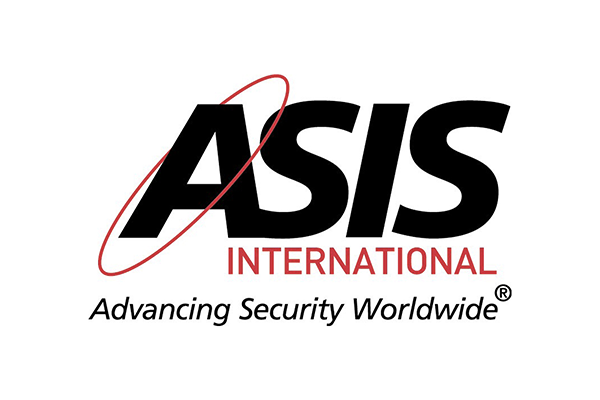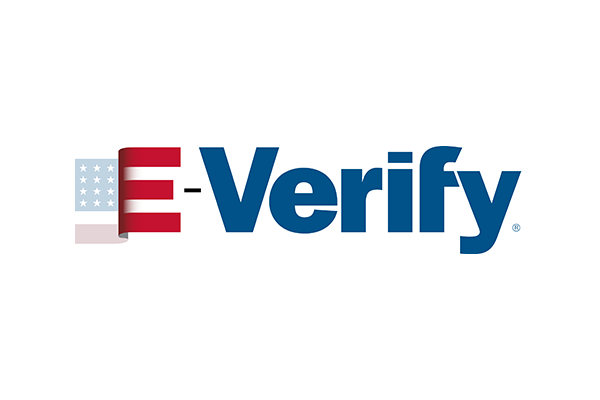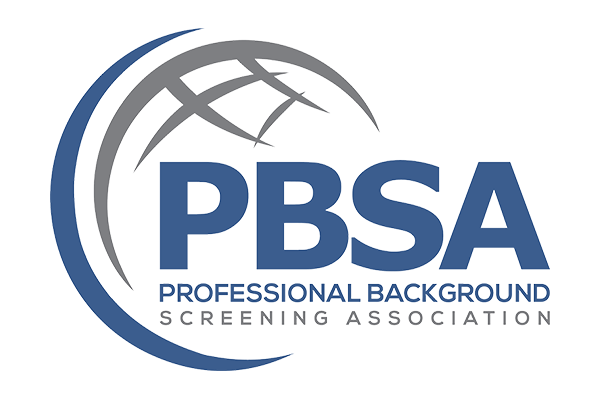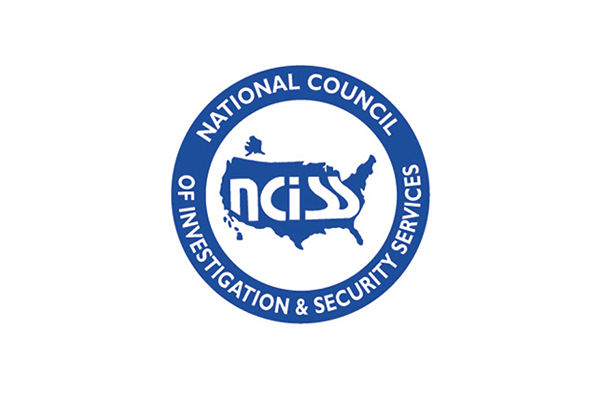Employment screening providers are becoming more sophisticated in the way they conduct their business. They are placing greater emphasis on compliance with the law. This is a good development for both employers and employees.
Did you know that there are federal, state, and even local laws that regulate employment screening? Not being in compliance with these laws can put your company at risk–both financially and reputation-wise.
In this article, we'll look at what compliance entails and how to make sure your screening services are up to par.
What is Employment Screening Compliance?
Compliance is following the rules. When it comes to employment screening services, compliance means making sure that all the necessary steps are followed to produce accurate and quality results–all within established legal parameters. This includes everything from verifying identities to checking references and past employment history.
There are many laws and regulations governing employment screening, so it's important to partner with a provider who understands the compliance landscape. A good provider will have systems and processes in place to ensure compliance at every stage of the screening process.
Compliance is key to quality employment screening services because it helps ensure that the results are accurate and reliable. When you partner with a reputable provider, you can be confident that they are taking all the necessary steps to produce quality results that you can rely on.
How can You Ensure Compliance with Your Employment Screening Services?
There are a few key things you can do to ensure compliance with your employment screening services.
First, make sure you are aware of all the applicable laws and regulations.
Second, have procedures in place to ensure that you are complying with those laws and regulations.
Third, train your employees on the importance of compliance and how to spot potential compliance issues.
By following these steps, you can help ensure that your employment screening services are providing quality results.
FCRA Compliance
The Fair Credit Reporting Act (FCRA) is a federal law that sets the standards for employment screening services. All employment screening services must comply with the FCRA to provide accurate and reliable information to employers.
The FCRA requires employment screening services to follow certain procedures when collecting, using, and sharing information about job applicants and employees. These procedures are designed to protect the accuracy and privacy of the information.
Employment screening services must:
- Get the applicant or employee's permission before getting a report
- Provide a notice to the applicant or employee that includes the name, address, and phone number of the consumer reporting agency that supplied the report
- Get the applicant or employee's permission before sharing the information with anyone else
- Take steps to ensure that the information in the report is accurate and up to date
Compliance with these requirements is essential to providing quality employment screening services.
The Adverse Action Process
When an employer receives information from a background check that could negatively affect a job applicant or employee's ability to work, this is called "adverse action."
Adverse Action can include anything from not hiring someone to terminating their employment. If an employer takes adverse action against an applicant or employee, they must follow certain procedures to ensure compliance with the law.
The first step in the adverse action process is to provide the applicant or employee with a "pre-adverse action notice." This notice must include a copy of the consumer report that the employer received, as well as a summary of the rights under the Fair Credit Reporting Act (FCRA).
The applicant or employee then has a chance to review the report and dispute any inaccurate information. Once the dispute is resolved, the employer can take adverse action if they still feel it is warranted.
If the employer does take adverse action, they must provide the applicant or employee with a "post-adverse action notice." This notice must include the name, address, and phone number of the consumer reporting agency that supplied the report, as well as a statement that the agency did not make the decision to take adverse action and cannot give specific reasons for it.
The FCRA also requires employers to maintain certain records related to background checks and adverse actions for a period of time. These records can be useful if an applicant or employee later files a lawsuit alleging that the employer violated their rights.
What are the Consequences of Non-Compliance?
The consequences of non-compliance with laws that regulate employment screening and background checks can be severe.
The Equal Employment Opportunity Commission (EEOC) enforces Title VII of the Civil Rights Act of 1964 and other laws that prohibit discrimination in employment. These laws make it unlawful for an employer to discriminate against a job applicant or employee based on race, color, religion, sex, national origin, disability, or age.
The EEOC investigates charges of discrimination and may file lawsuits against employers who have engaged in discriminatory practices. If an employer is found to have discriminated against an applicant or employee, the EEOC may order the employer to take corrective action, such as hiring or promoting the individual who was discriminated against. The EEOC may also order the employer to pay damages to the individual who was discriminated against.
In addition to facing possible lawsuits from the EEOC, employers who do not comply with laws that regulate employment screening and background checks may also be subject to state and federal penalties.
Federal penalties for non-compliance with laws that regulate employment screening and background checks can include fines of up to $10,000 per violation and imprisonment for up to five years. State penalties can vary depending on the state's laws but may include fines and imprisonment.
Why You Should Use a Professional Background Check Service
Although you may be tempted to run a background check on your own, it's important to use a professional service that is familiar with the FCRA and other laws governing background checks. This will help ensure that you don't accidentally violate someone's rights and end up in hot water.
In addition, professional background check services have access to databases and information that you may not be able to find on your own. This can give you a more complete picture of an applicant or employee, which can help you make better hiring decisions.
CIC Provides Compliant Employment Screening Services
CIC takes compliance very seriously when it comes to our employment screening services. We know that our clients need to be in compliance with all applicable laws and regulations, and we take every measure to ensure that our services are compliant.
We have a team of compliance experts who are constantly monitoring changes in the law. We are up to date on all the latest compliance requirements, and we work hard to make sure that our services meet or exceed those requirements.
We want our clients to be able to focus on their business, not worry about whether their employment screening services are compliant. With CIC, they can be confident that they are getting the highest quality, compliant employment screening services available.
For more information about this article, or general Employment Screening Services, please contact us at 1.800.573.2201 / 419.874.2201.







